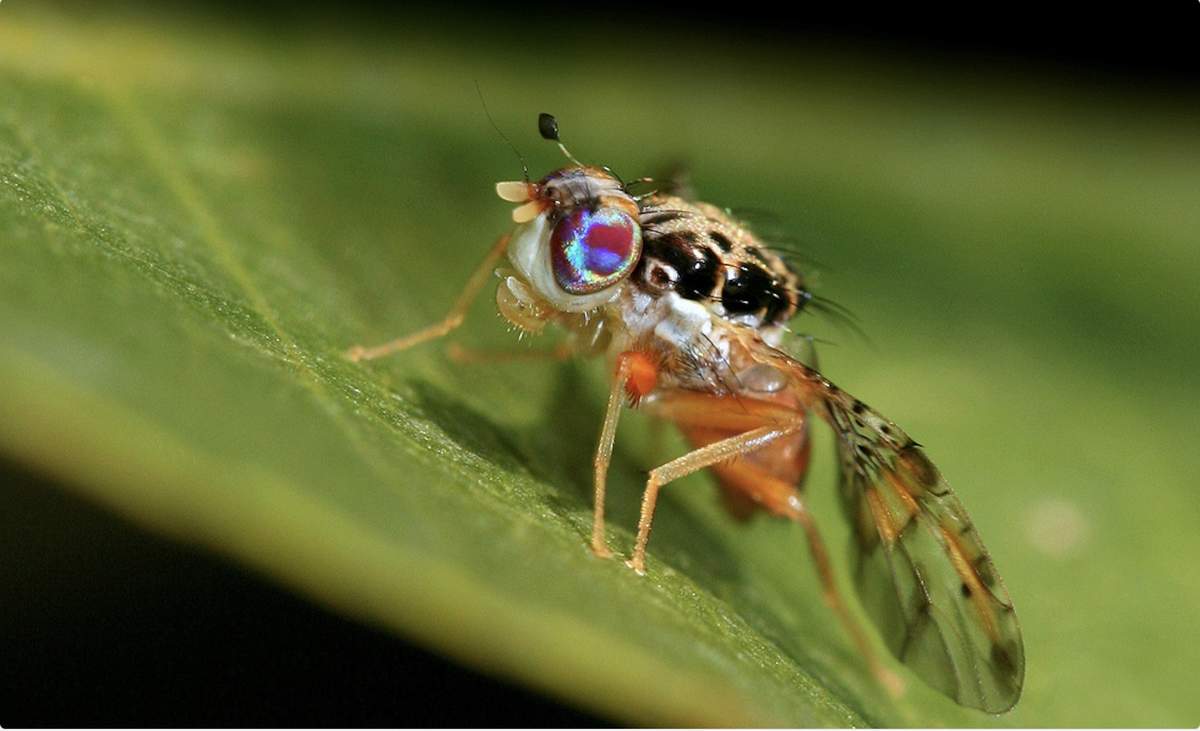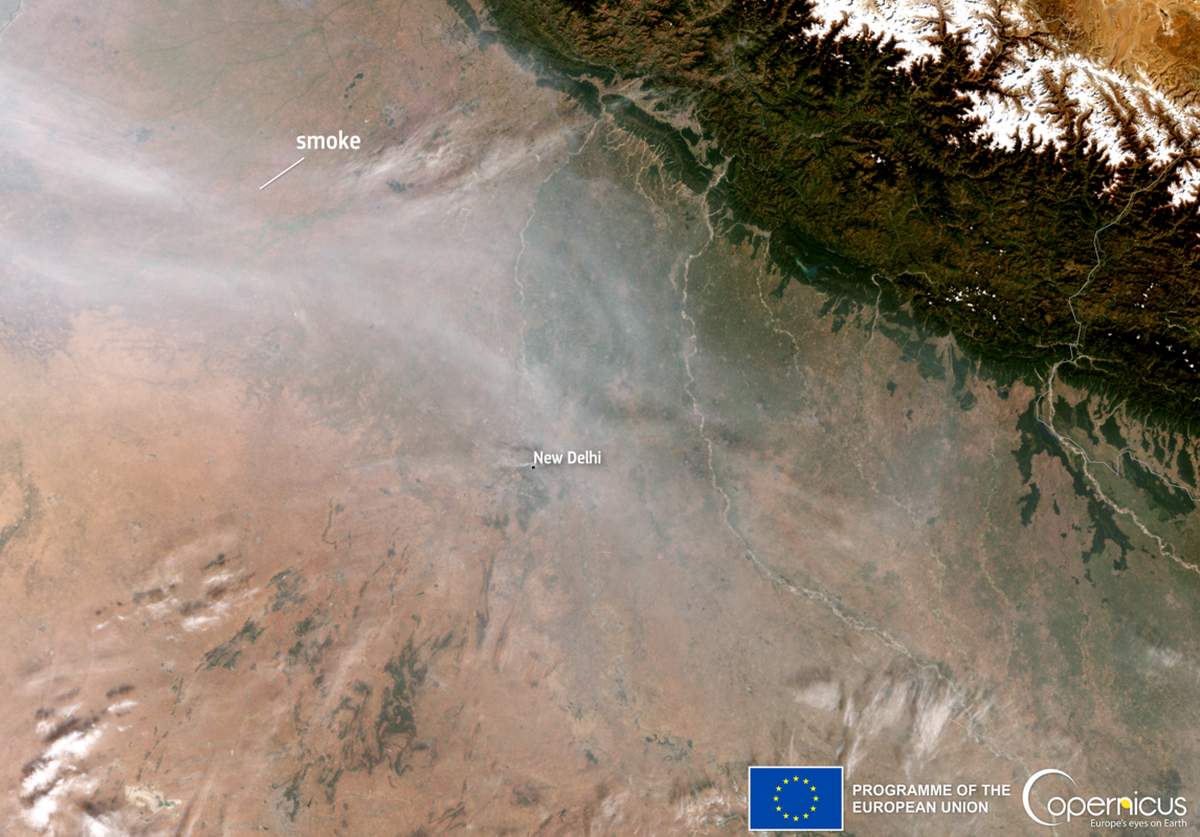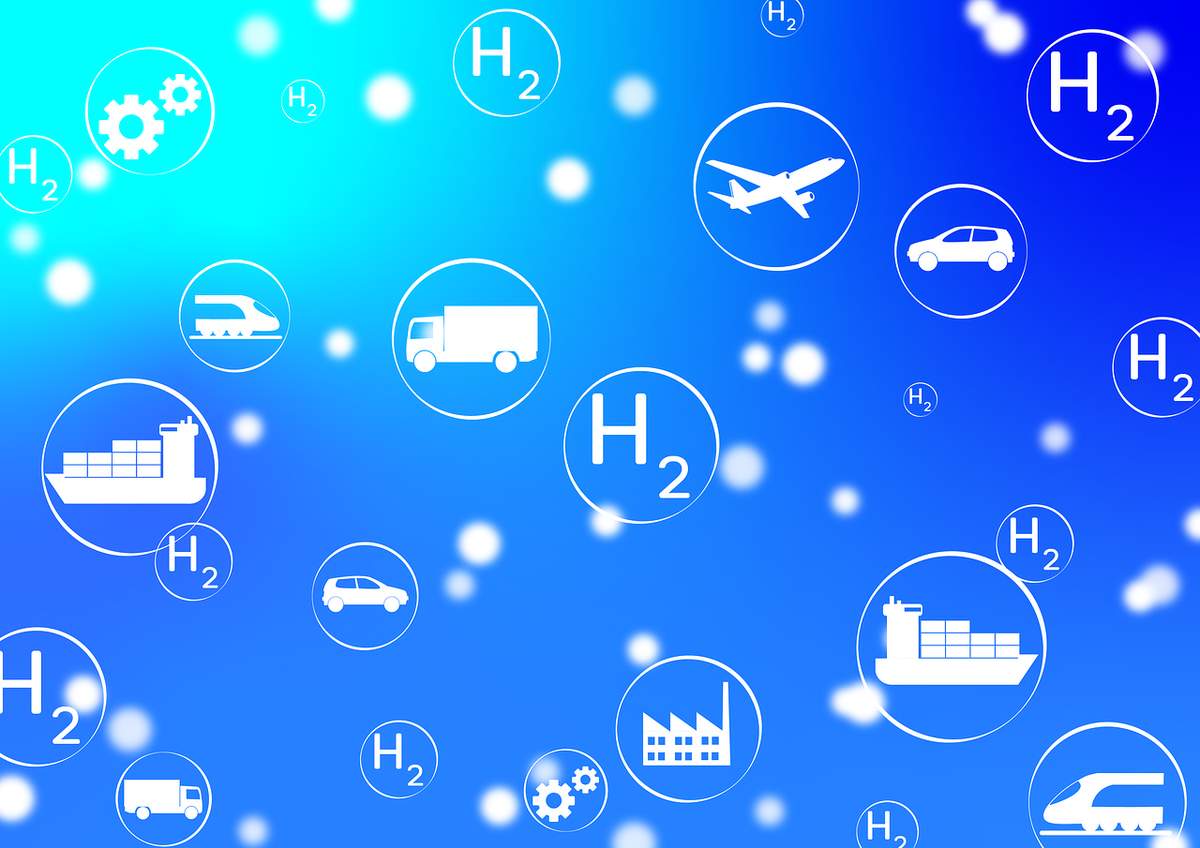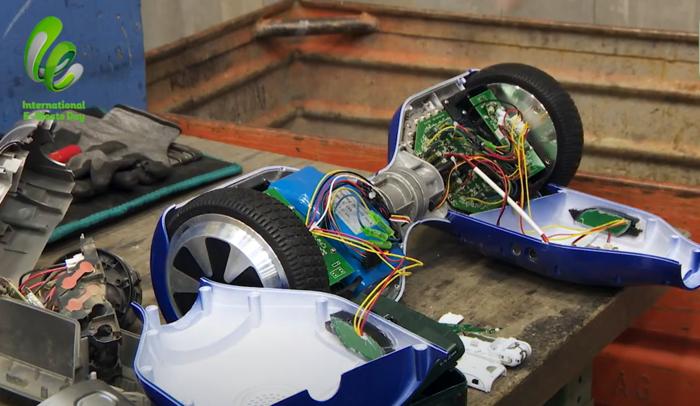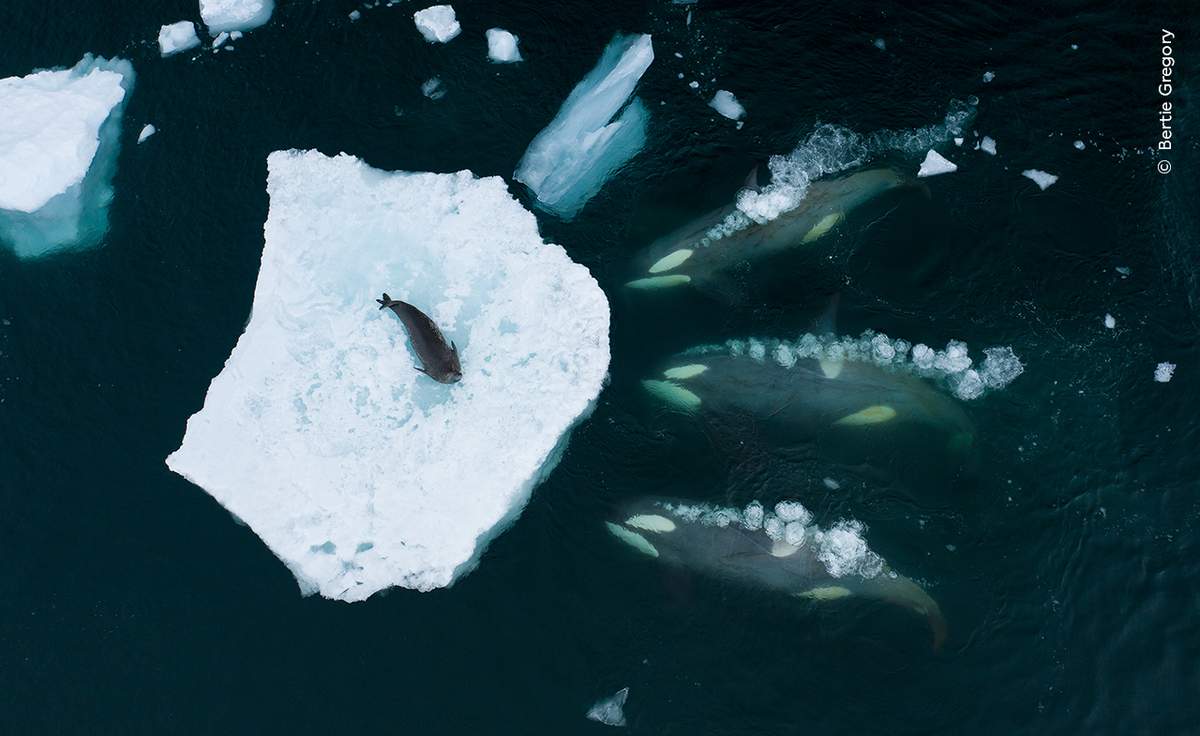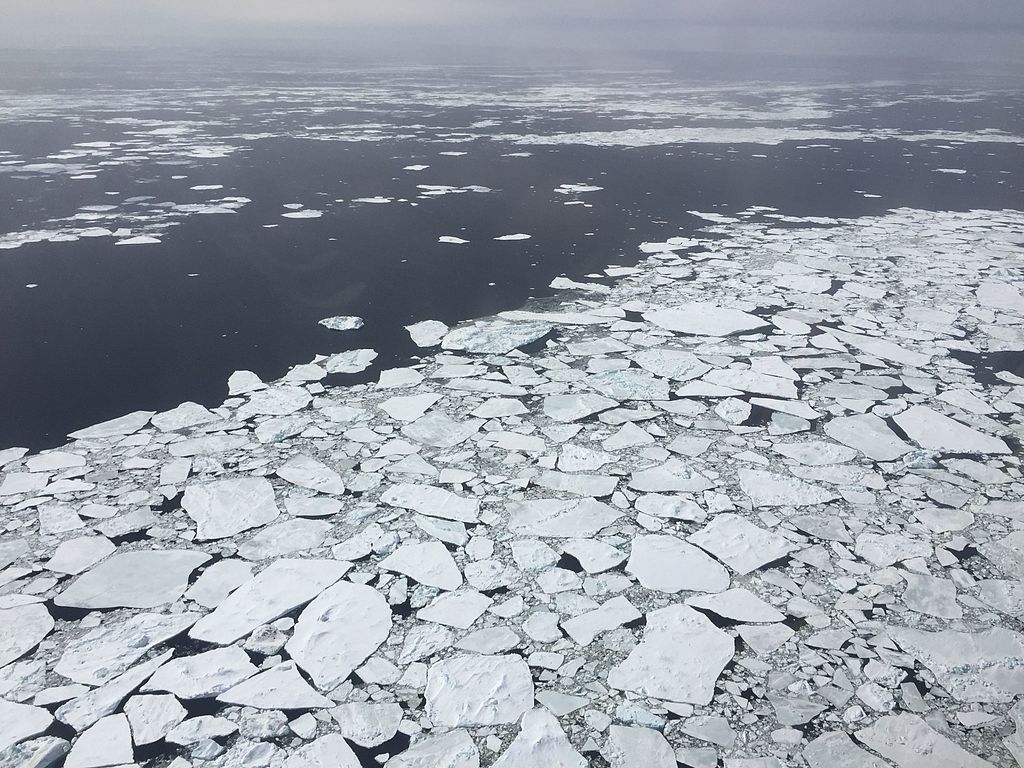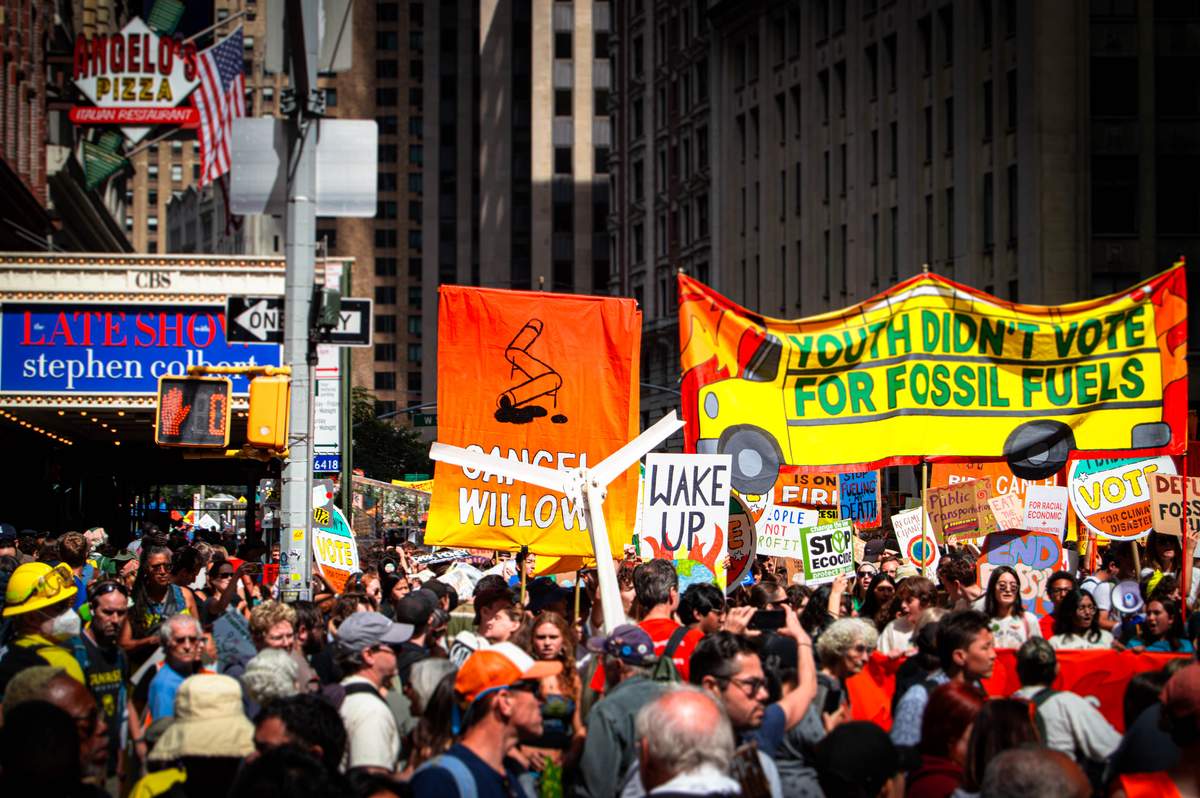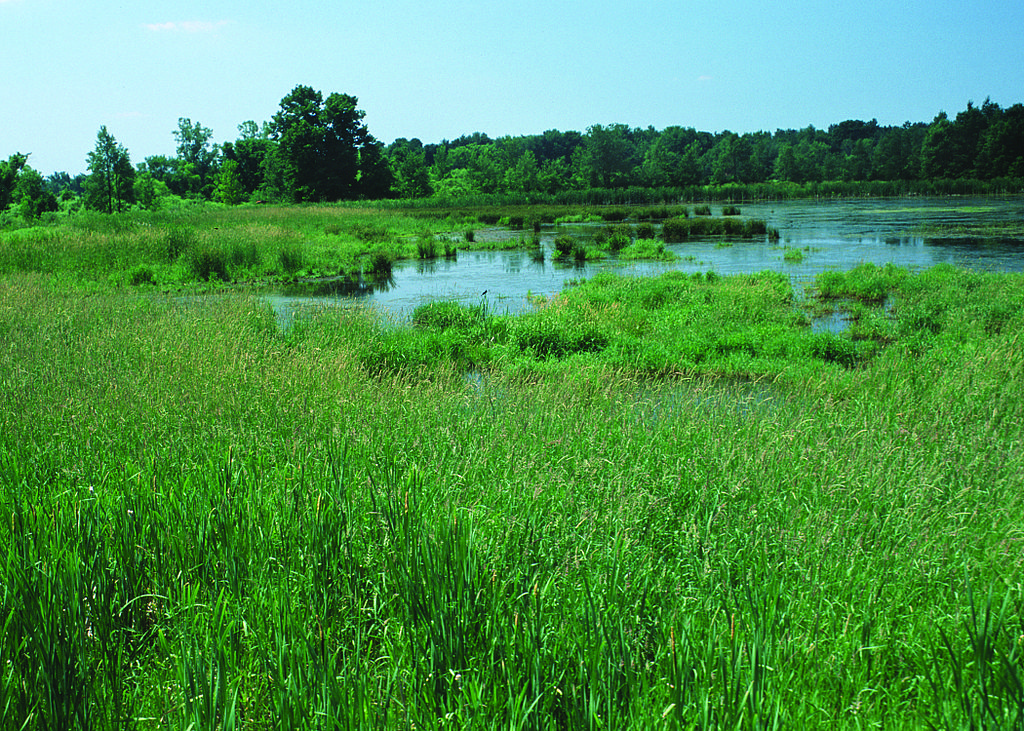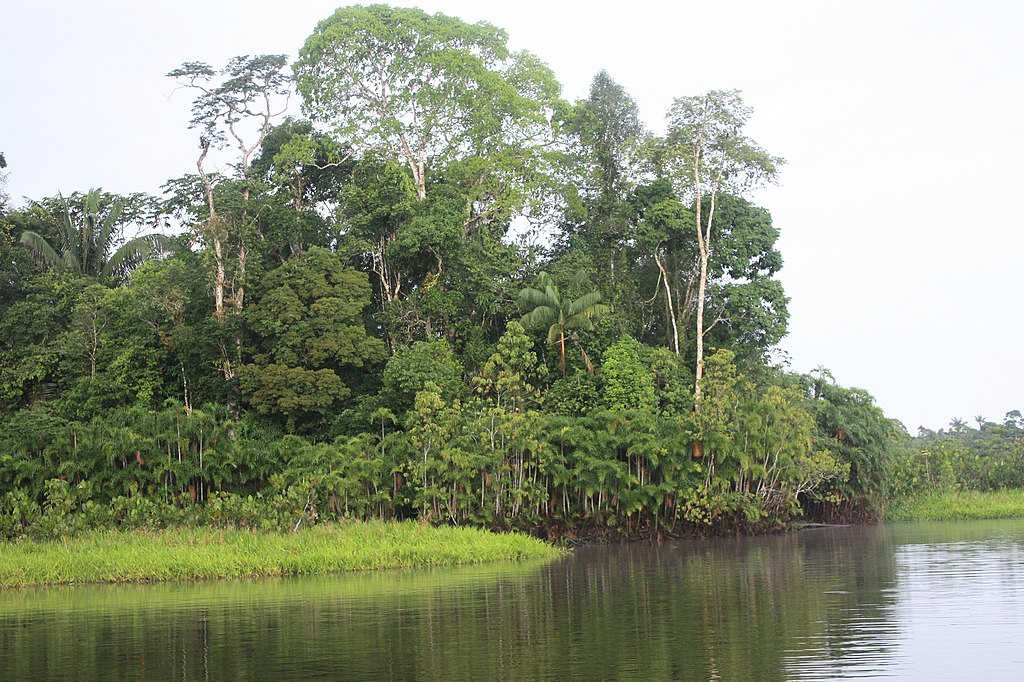In October, Mediterranean fruit flies were discovered in an area of Los Angeles. California is a big farming state, and this was serious news for farmers. The solution to the problem may seem a little unusual: releasing millions more of the flies.
Published in “Environment”
As winter comes to the northern part of India, the air pollution in the capital city of New Delhi is reaching levels that are too dangerous to breathe. The problem is so bad that schools have been closed, and people are being told to stay indoors.
Hydrogen is a gas that burns cleanly and produces a lot of energy. It will play an important part in tackling the climate crisis. Until recently, producing hydrogen created pollution. Now, scientists say there may be large amounts of natural hydrogen hidden underground.
A team of students in the Netherlands has designed and built a tough car that's completely powered by the sun. The car, called Stella Terra, is the first solar-powered car that can travel off-road for long distances without needing a recharging station.
October 14 was International E-Waste Day - a day meant to highlight the problems of electronic waste. This year, the day was focused on "invisible" e-waste - things most people don't think of as electronics. The surprising category at the top of this group was toys.
The Natural History Museum in London holds a yearly contest for the Wildlife Photographer of the Year. This year, the contest had 49,957 entries from around the world. Here are some of this year’s best pictures, and the stories behind them.
On September 27, the European Court of Human Rights heard a case that could force 32 European countries to take stronger action on climate change. The case was brought by six young people from Portugal.
Scientists have reported that Antarctica's sea ice is at a record low level. That's worrying because the sea ice is an important part of the Earth's cooling system. It's not yet clear if the low sea ice level is temporary, or part of a changing climate pattern.
Over the weekend, people around the world turned out in huge numbers to protest the burning of fossil fuels. The protests - the largest since before the coronavirus pandemic - were meant to send a strong message to political leaders: "Take climate action now."
On August 29, the US Environmental Protection Agency (EPA) announced a huge change in the rules designed to protect America's wetlands. The EPA was forced to change the rules because of a Supreme Court decision that took away protection from most wetlands.
On Sunday, Ecuador held a special vote on whether oil drilling should be allowed in Yasuni National Park. The vote was part of a larger election to choose the country's next president. Nearly 60% of Ecuadorian voters chose to protect the park.

